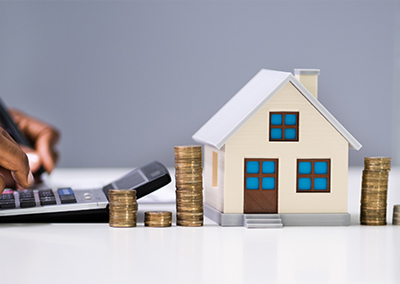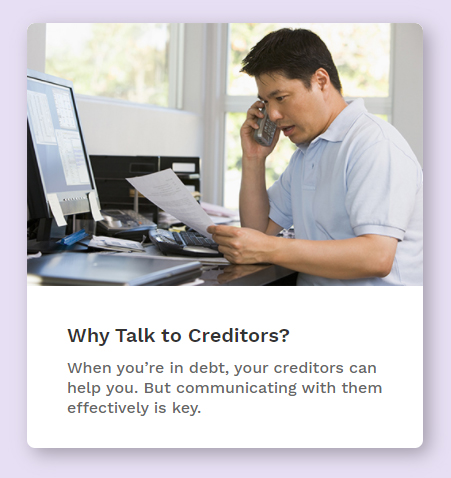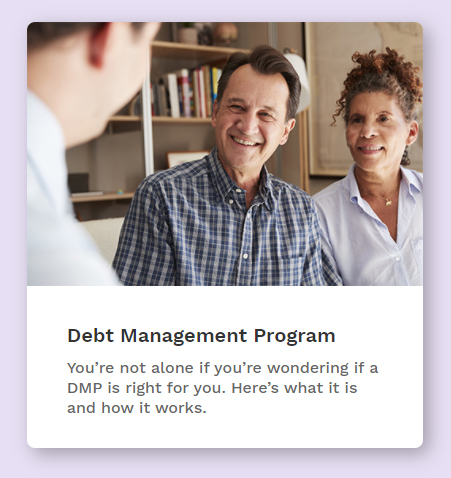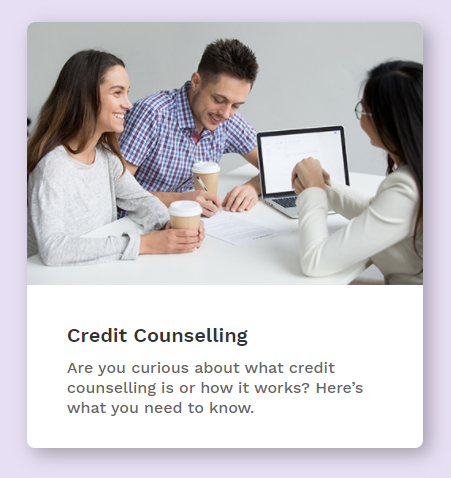Dealing with Debts as a Homeowner or Renter During the COVID-19 Crisis and Beyond
Owning or renting a home can be a pricey undertaking. When you own, beyond the initial down payment, legal fees, closing costs, and property tax adjustments, there are a host of other costs that can sometimes come as an unpleasant surprise. Juggling mortgage payments, strata fees, maintenance, repairs, taxes, and utility bills on top of everything else is difficult enough. But how do you manage these costs when you’re also struggling with debt and the economic uncertainty of a pandemic?
While renters don’t have nearly as many costs to cover, the stress of possibly being evicted because of not paying some or all the rent is equally stressful. It can seem overwhelming, if not impossible. Fortunately, there are options, advice, and resources available to help when you’re dealing with debts as a homeowner or renter in any challenging time, but especially during COVID-19.
Jump ahead if you’re a renter needing help with your debts and finances.
Help for Homeowners During the COVID-19 Pandemic

Most of us are aware of the health issues that have arisen because of the coronavirus, but the economic impacts are also being felt around the world. Balancing debt payments, household costs, and now the economic upheaval of business closures and job losses can be overwhelming. Fortunately, some assistance measures are being provided from the government, financial institutions, and regulators.
Mortgage Payments
In Canada, some of our largest banks and credit unions are offering financial relief from mortgage payments to clients who have been economically impacted by COVID-19. This includes:
- Up to a 6-month deferral of mortgage payments and the possibility for relief with other credit products. This help will be offered on a case-by-case basis. Please check with your bank or credit union to see how they may be able to support you.
- Additional support programs if your mortgage is insured by CMHC or Genworth. To access these programs, please contact your lender and ask what your mortgage insurer can do to help during this tough time.
Help with Other Housing-Related Costs
Some cities in Canada have also allowed deferrals of property taxes and utilities, which range from 30 to 60 days depending on where you live. If you do need this kind of help, check with your city or municipality to learn more. Please keep in mind that you will still need to make the payment once the deferral period has passed.
For more information about the financial help available during the COVID-19 pandemic, please visit our coronavirus resources page. It has information about the assistance programs in place for a variety of individuals and their financial situations.
Help for Renters or Tenants During the COVID-19 Pandemic
With 33% of people across Canada renting their homes, government assistance for renters and tenants is crucial. The following measures have currently been put in place specifically for those renting:
- BC, Manitoba, Nova Scotia, Ontario, Quebec, Prince Edward Island, and the Northwest Territories have all halted rental evictions for the time-being
- In BC, the government will be offering $500 a month for renters facing a loss of income due to COVID-19
- Other assistance programs for individuals and families may be helpful for managing your finances at this time
There’s also help available from utility companies and providers of household services such as phone, internet, and even some car insurance companies. Contact each of your service providers to see what they can do. Please visit our coronavirus resources page for more tips.
Other Options for Homeowners and Renters Dealing with Debt
If you’re wondering about other options available outside of government assistance programs or what you can do to tackle your debts when things return to normal, here are some potential solutions.
Lending Options
If you’re a homeowner, you can look into the possibility of refinancing your mortgage. This can also be called a second mortgage or a Home Equity Line of Credit (HELOC). The bank lends you money against the portion of your home that you own. For example, if your home is worth $300,000 and your mortgage is for $250,000, then you own $50,000 of your house. This is called your “equity.”
Another lending option for owners and renters is a consolidation loan; this allows you to roll all your monthly payments into just one, making it easier to pay everything down. To get the details on this particular option, it’s best to speak to a lender — your own bank is a good place to start.
Relying on your overdraft, line of credit, or credit cards to get by only works for the very short term or to manage a single emergency expense. However, using these forms of revolving credit to make ends meet during a prolonged period of financial difficulty will cause debt issues later on and slow your own recovery. This is true even when interest rates for credit lines have dropped to near rock-bottom levels during the coronavirus. While less interest is being charged right now, what goes down must eventually come back up.
Bankruptcy and Alternatives to Solve Debt Problems
If you find that you’ve exhausted all other options and still cannot reasonably pay off your debt, insolvency and bankruptcy alternatives are among the final steps. Before you decide to go this route, contact us and speak confidentially with one of our professional Credit Counsellors. You and your Counsellor can review your overall situation, your expenses, income options and then come up with solutions for you to consider. These can include:
Debt Management Program (DMP)
A Debt Management Program (DMP) consolidates all of your unsecured debt payments into one monthly payment that is based on your budget. This one payment is paid to us and we then disburse the money to your creditors based on a pre-arranged agreement. Your creditors must agree to this revised payment arrangement and typically reduce or waive interest entirely to help you repay all your debts over a period of about 3 to 4 years. Your Credit Counsellor will explain this program in detail if it is an option for you given your circumstances.
Debt Settlement
A debt settlement involves contacting your creditors with an offer to settle your debt for a lump-sum payment that is less than your outstanding balance. Not all creditors will agree to this option and it can be difficult to negotiate on your own. That’s where one of our Credit Counsellors can help. If this is an option for you, your Counsellor will explain it in detail.
Consumer Proposal
A Consumer Proposal is a legal process that can only be administered by a licenced insolvency trustee. The trustee sends out a “proposal” to your creditors asking that they accept payment of less than the full amount of your debt. Creditors who together hold at least half of your debts must all agree to the proposal for it to proceed. Your Counsellor can explain the process to you if it looks like a good option to further explore.
Bankruptcy
Bankruptcy is also a legal resolution to debt and the process can also only be administered by a licenced insolvency trustee. Contrary to what many people believe, it’s not a “free” nor “easy” option and isn’t available to everyone. Once you assign yourself into bankruptcy, it’s nearly impossible to change your mind. Your Credit Counsellor will explain the bankruptcy process in detail and help you find a reputable trustee in your area if this is a viable option for you.
Whether You Own or Rent, We’re Here to Help You Deal with Debt During a Crisis
Whether you’re a homeowner or renter, having someone in your corner when you’re dealing with debt during a crisis can make all the difference. We will help you find the resources you need to get by, give you guidance and information you can count on, and help you determine your best options so that you can make an informed decision.
Contact the Credit Counselling Society for Help
Reach out to us at the Credit Counselling Society by toll-free phone, email, or anonymous online chat. We’ll be happy to answer your questions and schedule a free appointment to speak with one of our Credit Counsellors. During COVID-19, we’re offering confidential telephone appointments, while during other times in-person appointments are also available. You’ll feel a sense of relief once you know how you’ll get through this difficult time and understand what you can do to improve your financial situation going forward.
Last Updated on November 12, 2024






